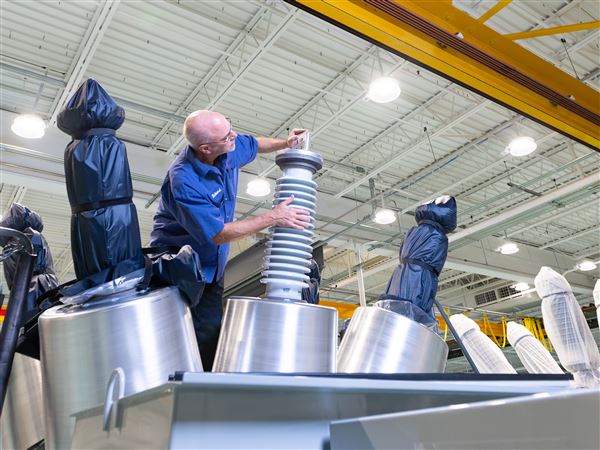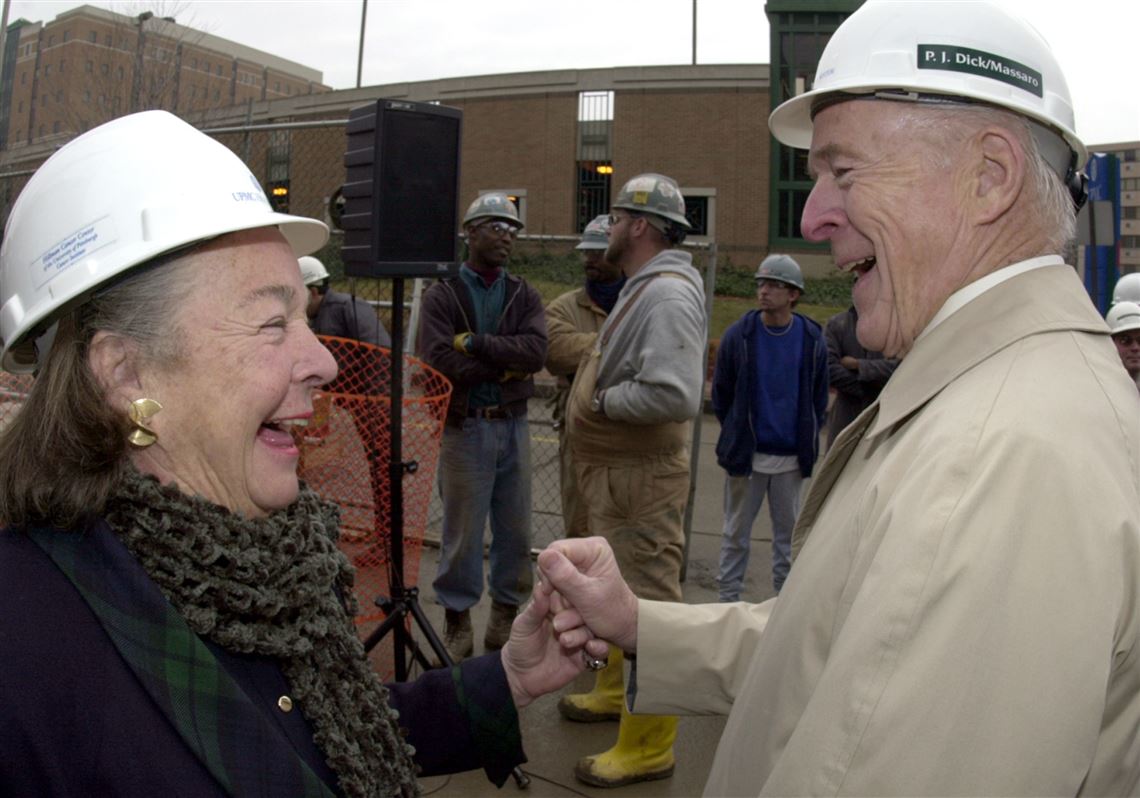In a 1994 column, longtime Post-Gazette associate editor Clarke Thomas passed along an insight he picked up at lunch with a city official: “Do you know who really is making things happen in this city? Not local government, not with our deficits. Not the Allegheny Conference. Not the universities. It’s the foundations.” Today, Pittsburghers readily appreciate the role that foundations play in stitching together the region’s civic life. But at that time, the public might have seen them as large ATMs, coughing up grants out of noblesse oblige. Our late colleague reported that a change was already underway in 1994, with family foundations endowed by capital formed in the industrial heyday moving “away from safe grantmaking to risk-taking in efforts to find answers for Pittsburgh’s deepest problems.”
The Hillman Family Foundations have been among those risk-takers over the decades, most often through the largest resource, the Henry L. Hillman Foundation. Its namesake, who died last month at 98, was one of Pittsburgh’s great philanthropists, along with his wife, Elsie, who died in 2015. They were known for complete engagement with the projects they supported, lending their imagination, drive and spirit to jewels such as the Hillman Cancer Center and the Hillman Center for Future-Generation Technologies at Carnegie Mellon University. The foundation in Mr. Hillman’s name generally kept a lower public profile than, say, The Heinz Endowments or the R.K. Mellon Foundation, two charities with substantial endowments and grantmaking habits that made them central to regional economic development and environmental policy.
While the values of the Henry L. Hillman Foundation are going to remain fixed, its candlepower has received a major boost from Mr. Hillman’s estate. The Pittsburgh native, who built a multibillion-dollar fortune through diversified investing — and who stayed with this city through thick and thin — distributed $700 million to his foundation in his will. Another $100 million will flow into the 13 foundations in the names of his children and grandchildren. Altogether, the foundations’ assets will rise from $435 million to around $1.2 billion — leapfrogging them into the top tier of Pittsburgh charitable giving. The foundation’s leaders expect grantmaking from the Henry L. Hillman Foundation itself to grow from $6.6 million to more than $41 million a year. Its mission is focused primarily on the Pittsburgh region.
Mr. Hillman’s investing acumen is legendary. Back in 1972, when computers were hulking beasts used mainly by pros, his company took a chance on a new venture capital outfit in Menlo Park, Calif., called Kleiner Perkins. It became the premier investor in what became Silicon Valley, and the rest is digital history. That’s just one example of the Hillman philosophy: Seed a promising project designed to have a multiplier effect; keep an eye on its progress but let the people involved build according to their skills.
Pittsburgh was exceedingly fortunate to have Henry and Elsie Hillman spend their lives here. Their legacy will continue for generations, thanks to the forward thinking of Mr. Hillman, whose old-fashioned values of modesty and loyalty were matched by a wonderment of technology and human ingenuity.
First Published: May 18, 2017, 4:00 a.m.















